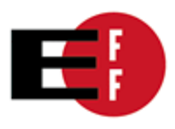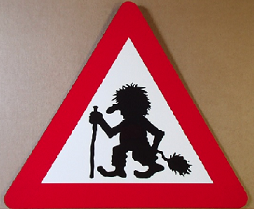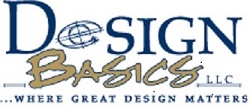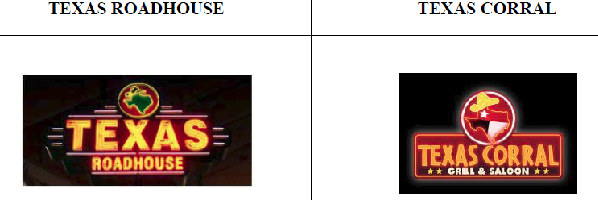South Bend, Indiana – Plaintiff Design Basics, LLC of Omaha, Nebraska filed two additional lawsuits in the Northern District of Indiana. Both complaints, filed by Indiana attorneys for Design Basics, allege violations of copyright law.
Defendant in the first lawsuit is Straight Talk Construction, Inc. of Goshen, Indiana. Defendants in the second lawsuit are W R Birkey & Associates Inc., doing business as Birkey Homes and W.R. Birkey Realty; and Wayne Birkey, doing business as Birkey Homes and W.R. Birkey Realty of Granger, Indiana (collectively, “Birkey”). Plaintiff alleges that Defendants in both lawsuits infringed its copyrighted architectural designs, which have been filed with the U.S. Copyright Office.
Copyrights alleged to have been infringed by Straight Talk:
Title Registration Certificate Nos.
Plan No. 8095 – Sun Valley VA 729-290, 729-256
Plan No. 3121 – Bellamy VA 624-158, 624-159 & 710-606
Plaintiff contends that Straight Talk committed infringement when it published, distributed, marketed, advertised and/or constructed in the marketplace Design Basics’ copyrighted architectural designs, which were offered by Straight Talk as “The Jordan,” “The 1009 Parade Home” and “Sunrise.”
Copyrights alleged to have been infringed by Birkey:
Title Registration Certificate Nos.
Plan No. 1032 – Monte Vista VA 282-203, 694-095 & 752-162
Plan No. 1330 – Trenton VA 314-016, 694-094 & 756-041
Plan No. 1455 – Newberry VA 344-857, 694-093 & 710-605
Plan No. 1559 – Bancroft VA 344-870, 694-094 & 752-162
Plan No. 1752 – Lancaster VA 371-204, 694-094 & 756-041
Plan No. 2244 – Standley VA 434-218 & 752-162
Plan No. 2249 – Normandy VA 434-208, 694-088 & 726-372
Plan No. 2285 – Prairie VA 467-639, 694-094, 726-354& 1-921-718
Plan No. 2408 – Crawford VA 485-123, 694-093, 756-041& 1-921-776
Plan No. 2414 – Stanton VA 485-125, 694-093, 726-361& 1-926-487
Plan No. 2656 – Castelar VA 542-694, 826-741 & 1-926-492
Plan No. 2701 – Ambrose VA 524-308, 694-093, 710-606& 1-926-479
Plan No. 2702 – Ellison VA 542-690 & 1-926-477
The Birkey Defendants are alleged to have infringed Plaintiff’s works by copying, publishing, distributing, advertising, marketing, selling and/or constructing in the marketplace Plaintiff’s copyrighted material. The purportedly infringing designs are marketed by Birkey under the following model names: Andrea, Appleton, Ashbury, Belmont, Bridgeport, Britney, Hallbrook, Heather Lake, Kensington, Kingsbury, Megan, Miranda, Normandy, Oakridge, Sawyer, Sherwood, Sinclair, and Zachery.
Design Basics seeks equitable relief, damages, costs and attorneys’ fees.
Practice Tip: Design Basics has filed numerous federal complaints alleging copyright infringement. In Indiana, it has filed 10 separate lawsuits since February: Design Basics Sues Builders and Others Alleging Infringement of Copyrighted Architectural Designs, Design Basics Files Additional Indiana Lawsuit and Plan Pros Added as Plaintiff in Newest Design Basics Lawsuit. Nationwide, Design Basics, or entities that appear to be related to the company, has filed more than 60 intellectual property lawsuits since 2008 in the federal courts of Colorado, Iowa, Illinois, Kansas, Michigan, Missouri, Nebraska, New Hampshire, Ohio, Pennsylvania, South Carolina, South Dakota and Wisconsin.
 Indiana Intellectual Property Law News
Indiana Intellectual Property Law News









